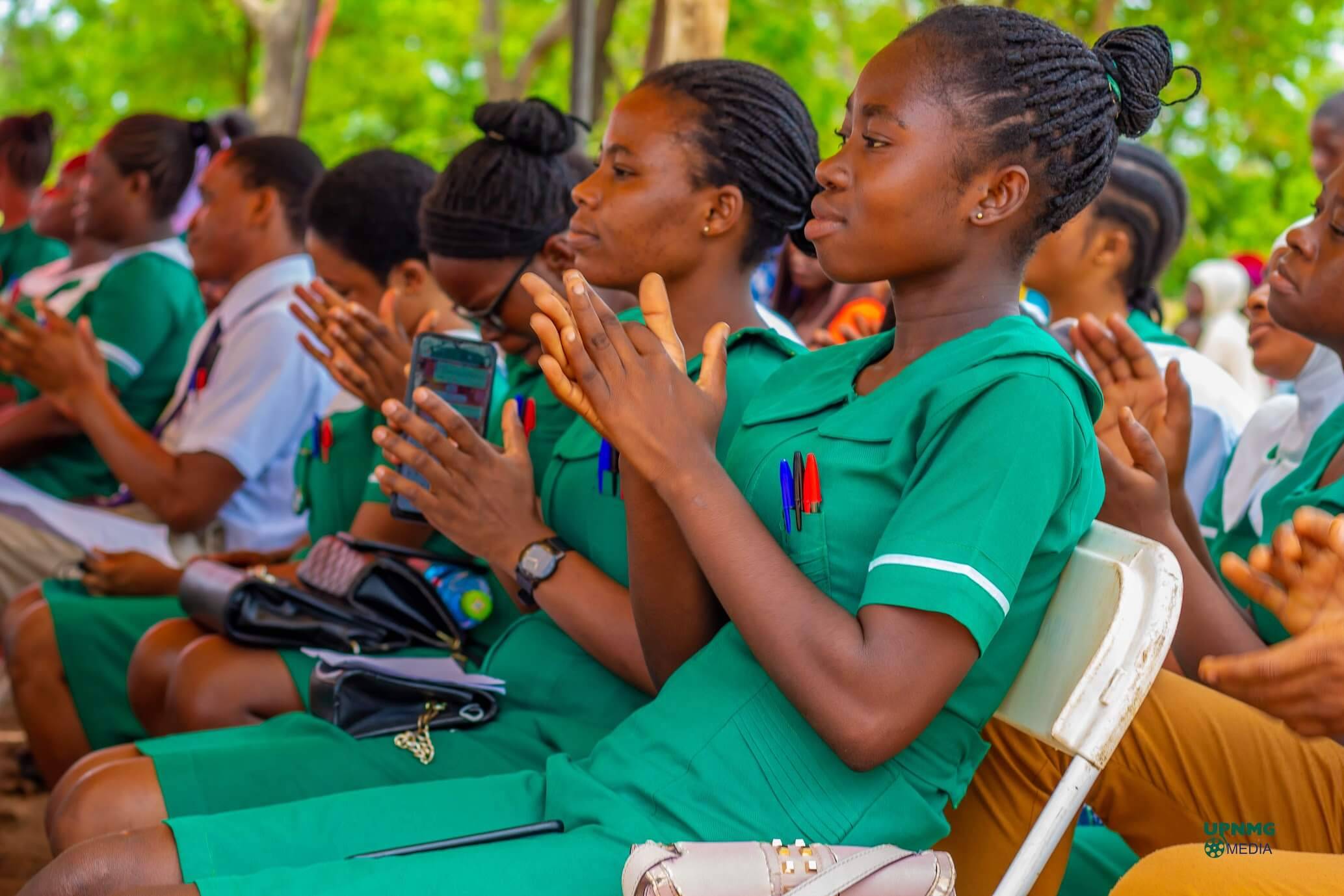We live in a country where issues of teacher and nurse
recruitment have become a recurring bane. Every year, newly recruited teachers
and nurses must stage demonstrations or camp around the Ministries before they
are posted.
Even after postings, the struggle is far from over. One must
continue to camp at the Ministries in order to receive salaries.
When I was recruited into the teaching field, I served for a
solid nine months before receiving my salary. Even then, it only came after we
had taken to social media, tagging the Ghana Education Service and raising our
voices. Despite this injustice, we served our schools wholeheartedly, with
clear minds and open hearts, hoping salaries would be paid in subsequent
months. But those hopes often proved futile. A colleague I spoke with served
for an entire year before he saw his salary.
In moments like these, newly posted teachers look to the
Teachers Unions for support. Yet these unions remain silent. Ironically, as
soon as salaries are paid, they deduct their dues before we even lay hands on
our earnings.
According to data I gathered from Onua Online, over 1,000
nurses are still awaiting postings. Other sources indicate that nurses from the
2020, 2021, 2022, and 2023 batches are among those currently unposted.
Anytime I have a heartfelt conversation with my sister who
works with the Ghana Health Service (GHS), I often tell her it seems as though
their leaders are not fighting for them, especially on issues of postings. A
backlog dating as far back as 2020 is still unresolved, and this is something
the nation must urgently address. Many nurses, after completing their training,
quickly look abroad because they see no hope of being recruited here at home.
Even those who have recently been recruited are yet to receive their salaries.
And yet, when these frustrated teachers and nurses seek
greener pastures abroad, it suddenly becomes a national headline—portrayed as
though they have abandoned the nation. But how many of us can trul ly endure
such persistent injustice? Should it really be this difficult for a country
that claims to prioritize health and education to treat fairly the very people
who keep these sectors alive?




No comments yet
Be the first to share your thoughts!